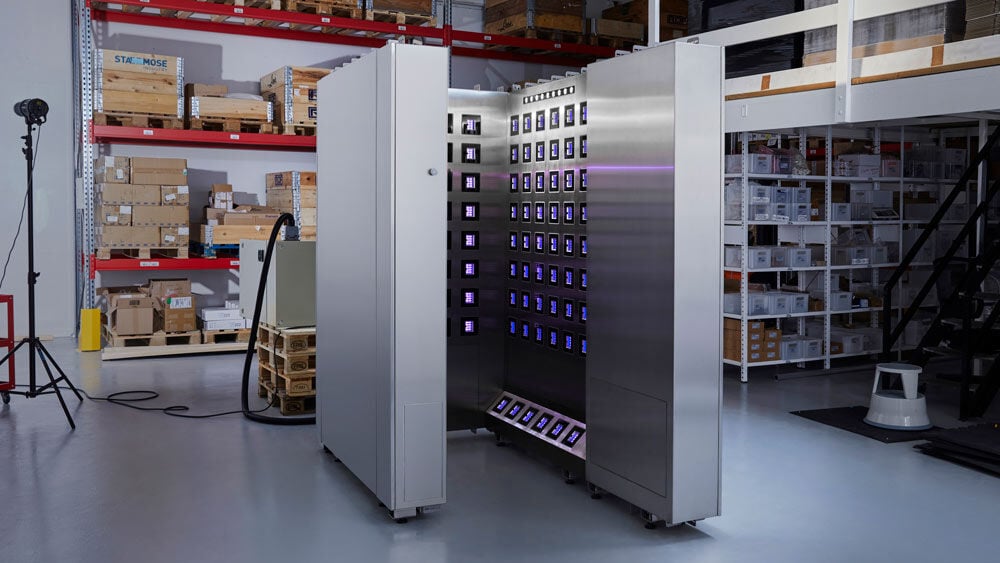3 min read
Manual Cleaning vs. Far-UVC
 Mads Emil Bandholm
:
09 Jan, 2025
Mads Emil Bandholm
:
09 Jan, 2025
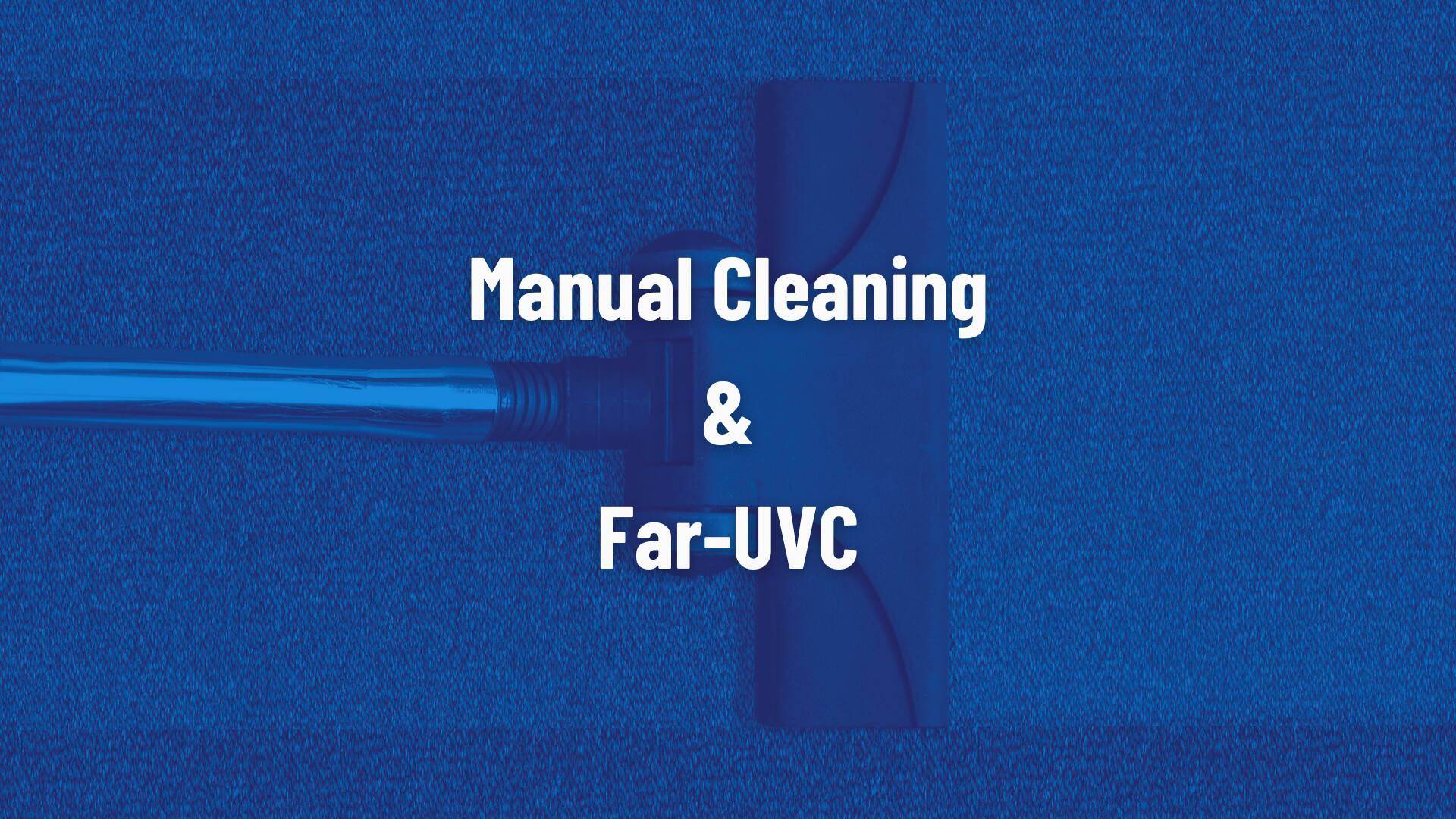
In our quest for cleaner, healthier spaces, manual cleaning has always been a cornerstone of hygiene. Yet, even the most diligent efforts can leave behind invisible threats—bacteria, viruses, and other pathogens that linger on surfaces, waiting to spread. What if there were a way to add an extra layer of protection to these efforts?
The solution is Far-UVC: a disinfection technology that works hand-in-hand with traditional cleaning methods to elevate hygiene standards. This blog explores how combining manual cleaning with Far-UVC can help create safer, healthier environments.
Far-UVC and Manual Cleaning: A Perfect Partnership
Rather than viewing manual cleaning and Far-UVC as competing solutions, they can complement each other, forming a comprehensive cleaning protocol. Manual cleaning addresses visible dirt and grime, while Far-UVC targets microscopic threats that might be missed.
For example, manual cleaning can be used to remove physical dirt and grime, providing an initial layer of cleanliness. Then, Far-UVC light can be used to ensure continuous microbial sanitation throughout the day, especially in areas that experience high levels of traffic and touch. This approach maximizes both cleanliness and sanitary safety.
The Strengths and Weaknesses of Each Method
Pros of Manual Cleaning
-
Proven Effectiveness
Traditional methods—dusting, mopping, and scrubbing—remove visible dirt and grime while killing most bacteria and viruses using disinfectants, reducing the risk of disease spread. -
Versatility
Manual cleaning can be applied to many surfaces—carpets, upholstery, tiles, metal, and more. It reaches areas that might be challenging for automated systems, through good old-fashioned elbow grease. -
Immediate Visual Results
A visibly clean space reassures residents, employees, and customers, creating an immediate sense of comfort and satisfaction.
Cons of Manual Cleaning
-
Microbial Buildup Between Cleaning Sessions
High-touch surfaces can quickly become contaminated after cleaning, posing ongoing risks of disease spread. -
Labor-intensiveness
Manual cleaning is time-consuming and physically demanding, requiring significant resources for large spaces. -
Potential Health Risks
Many cleaning agents pose risks to human health and the environment, and improper handling can damage sensitive equipment.
-
Human Error
Thorough cleaning depends on the diligence of the individual, which means some areas may be missed or improperly sanitized.
Pros of Far-UVC
-
Antimicrobial Efficiency and Human Safety
Far-UVC light effectively deactivates bacteria, viruses, and other microorganisms without harming human skin or eyes, making it ideal for continuous disinfection in occupied spaces. -
Chemical and Mercury-Free
Far-UVC offers a hygienic, chemical-free method for microbial sanitation, potentially reducing the need for harmful cleaning agents. Additionally, Far-UVC devices are mercury-free, aligning with the European Union's commitment to restricting hazardous substances and promoting environmental sustainability. -
Automation
Far-UVC systems can operate automatically, ensuring consistent sanitation without requiring manual intervention. -
Sustainability
Far-UVC is highly energy-efficient, delivering exceptional disinfection results with low operating costs. For example, a study demonstrated that far-UVC lamps achieved 184 equivalent air exchanges per hour(eACH), surpassing other methods of indoor disinfection.
Cons of Far-UVC
-
Not a Replacement for Manual Cleaning
Far-UVC cannot mechanically remove dirt, dust, or debris—it deactivates microorganisms and thereby increases hygiene levels. -
Limitations on Range and Obstruction
Far-UVC works best on exposed surfaces and may struggle to disinfect shadowed or hidden areas
Conclusion
Creating safer, cleaner spaces does not mean choosing between old and new methods. By combining manual cleaning to remove physical debris with Far-UVC technology to neutralize microbes continuously, this synergistic approach ensures a comprehensive standard of hygiene.
If you are ready to explore Far-UVC solutions, UV Medico offers cutting-edge technology to elevate your cleaning processes, improve safety, and reduce long-term costs.
References
https://www.ajicjournal.org/article/S0196-6553(23)00361-9/fulltext
https://pubmed.ncbi.nlm.nih.gov/35322064/
Frequently Asked Questions about Manual Cleaning and Far-UVC
-
How does Far-UVC complement manual cleaning?Manual cleaning removes physical dirt and grime, while Far-UVC provides continuous microbial sanitation, targeting microscopic threats that manual methods might miss. Together, they ensure a higher standard of hygiene.
-
What are the advantages of manual cleaning?
Manual cleaning provides immediate visual results, versatility across various surfaces, and the ability to physically remove dirt and debris.
-
What are the limitations of manual cleaning?
Manual methods depend on human diligence, are labor-intensive, and do not provide continuous protection. Contamination can quickly return to high-touch surfaces after cleaning.
-
How energy-efficient is Far-UVC?
Far-UVC systems are highly efficient, with studies demonstrating their ability to deliver 184 equivalent air changes per hour (eACH).
-
How does Far-UVC reduce reliance on chemical disinfectants?
By providing continuous disinfection, Far-UVC lowers the frequency and quantity of chemical cleaning agents required, benefiting both human health and the environment.
Get the latest Far-UVC News
 UV222™
UV222™ UV222 Linear
UV222 Linear UV222 Downlight
UV222 Downlight Vertex 222
Vertex 222.png) UV222 Pendant
UV222 Pendant.png) UV222 Booth
UV222 Booth.png) UV222 Step-On
UV222 Step-On.png) UV222 Cleanroom Downlight
UV222 Cleanroom Downlight UV222 Dual Downlight 60x60
UV222 Dual Downlight 60x60 UV222 Material Airlock
UV222 Material Airlock UV222 Ambulance
UV222 Ambulance UV222 Compact
UV222 Compact UV222 Industrial
UV222 Industrial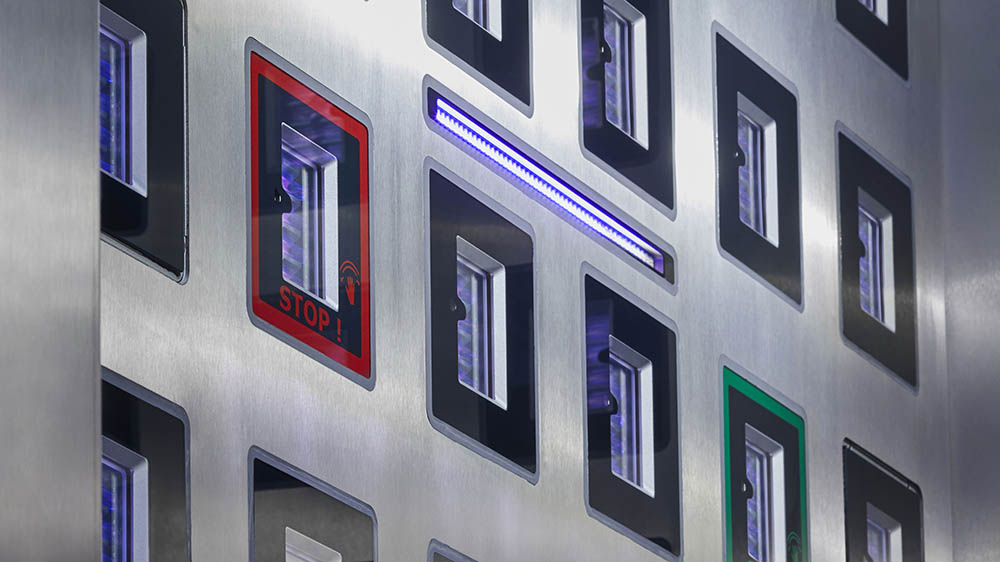

%20(1).jpg)
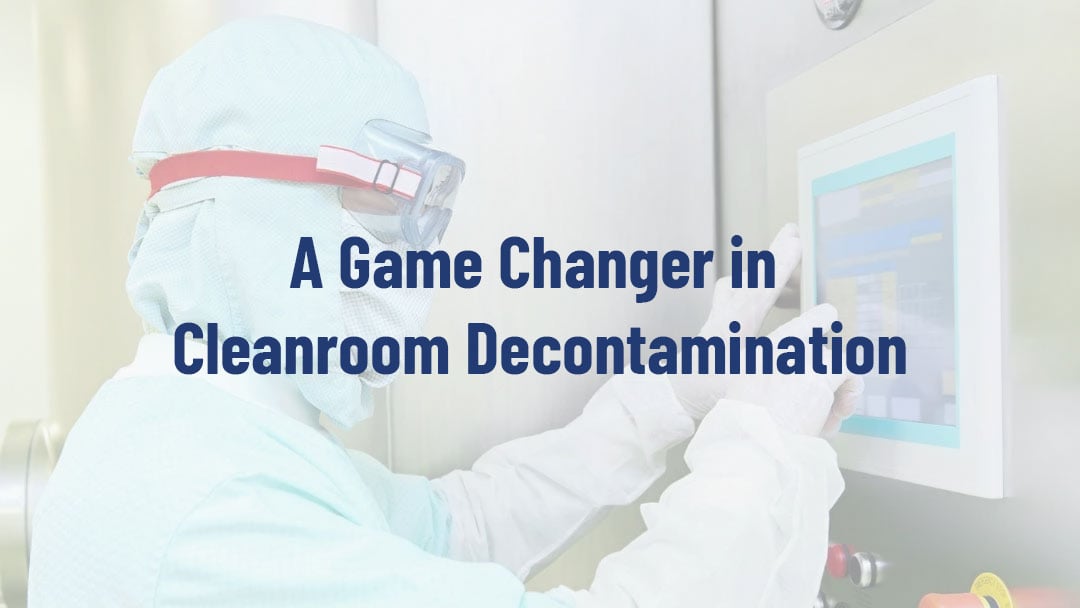
.jpg)
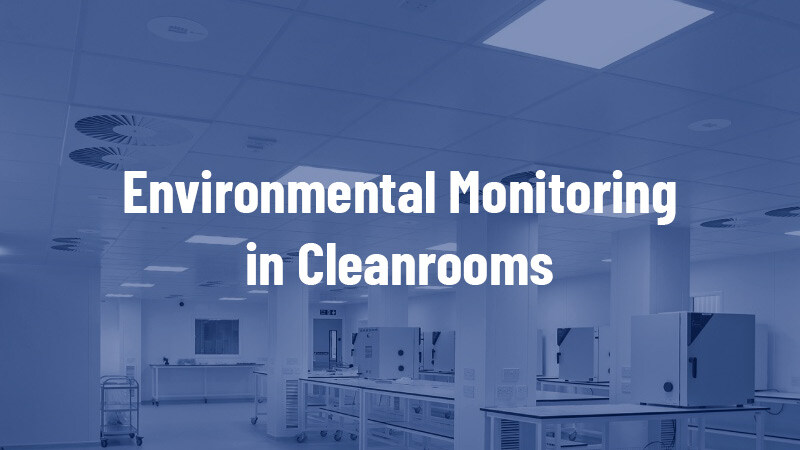
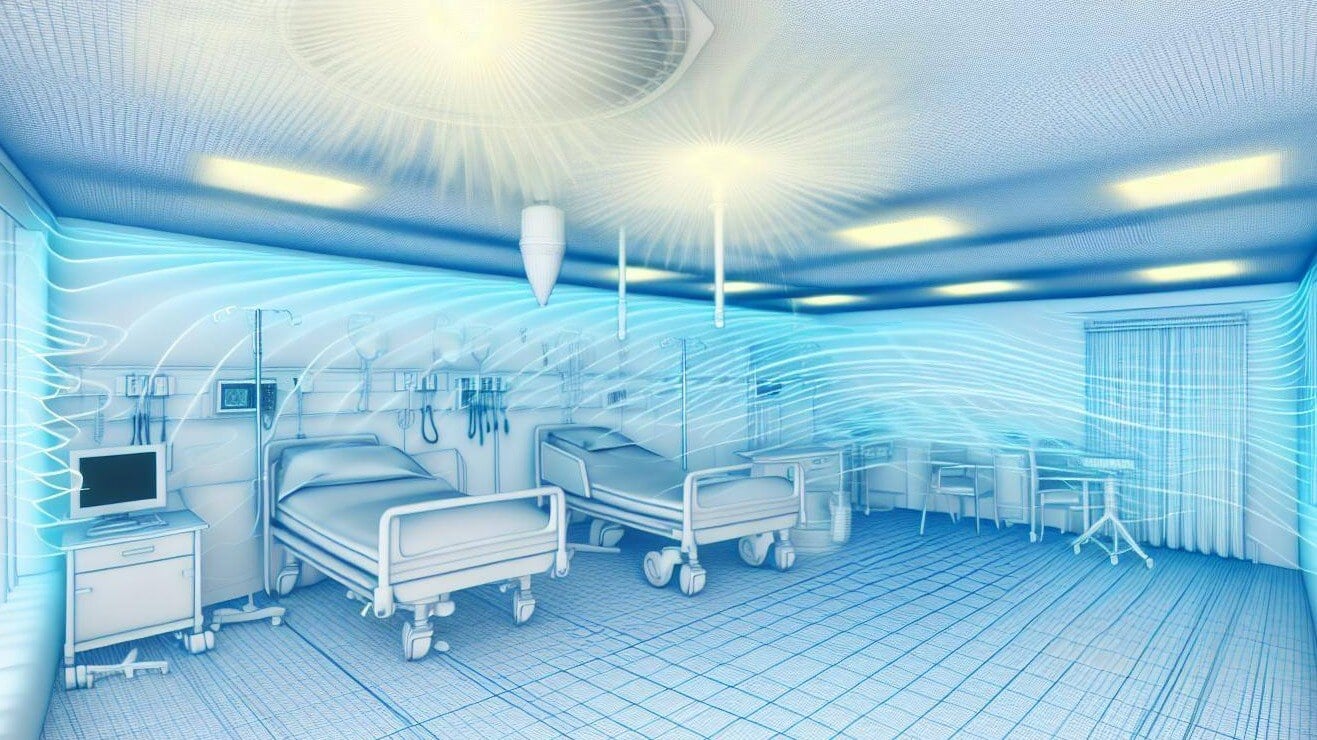
.jpg)

